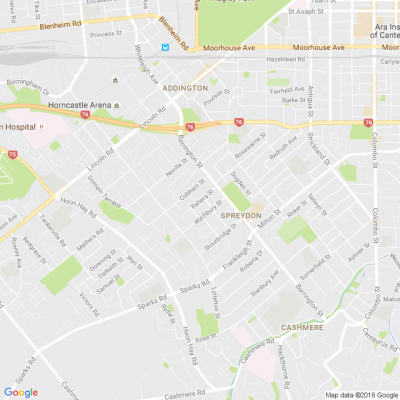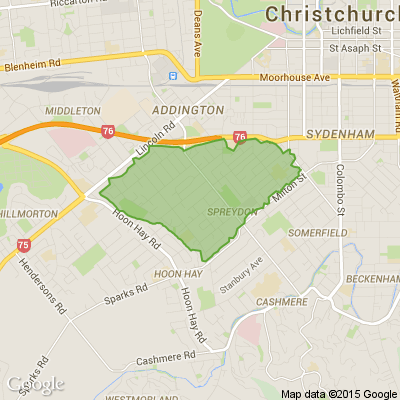Addictive Eaters Anonymous
What is Addictive Eaters Anonymous?
Addictive Eaters Anonymous (AEA) is a fellowship of men and women who share their experience, strength and hope with each other that they may solve their common problem and help others to recover from addictive eating.
AEA has members who have suffered from anorexia, bulimia and binge eating. Many have been underweight, overweight or obese; others were people of average weight yet suffered with an obsession with food. Members may have used exercise and other substances to try and control their weight. Before coming to AEA, members found that they were powerless over food, and unable to stop the food obsession.

🧩😏 Riddle me this, Neighbours…
I am an odd number. Take away a letter and I become even. What number am I?
Do you think you know the answer?
Want to stop seeing these in your newsfeed? No worries! Simply head here and click once on the Following button.

Some Choice News!
DOC is rolling out a new tool to help figure out what to tackle first when it comes to protecting our threatened species and the things putting them at risk.
Why does this matter? As Nikki Macdonald from The Post points out, we’re a country with around 4,400 threatened species. With limited time and funding, conservation has always meant making tough calls about what gets attention first.
For the first time, DOC has put real numbers around what it would take to do everything needed to properly safeguard our unique natural environment. The new BioInvest tool shows the scale of the challenge: 310,177 actions across 28,007 sites.
Now that we can see the full picture, it brings the big question into focus: how much do we, as Kiwis, truly value protecting nature — and what are we prepared to invest to make it happen?
We hope this brings a smile!

Poll: Canterbury is thriving on paper... but are you seeing evidence of Canterbury's improving economy?
As reported in the Press, Reserve Bank Governor Anna Breman recently gave a shout-out to our region, calling Canterbury a "stand-out" for how we recover from tough times. With tech firms growing and exporters investing, the business side of things is looking bright!
👉 But we know that "business growth" doesn't always mean the weekly shop gets any cheaper. While the city expands, many families feel like they’re just trying to keep their heads above water.
We want to know: With the business buzz of 2026, do you feel like things are finally looking up for your household, or does it still feel like a climb?

-
17.4% Yes
-
58.7% No
-
23.9% In some areas ...






 Loading…
Loading…








